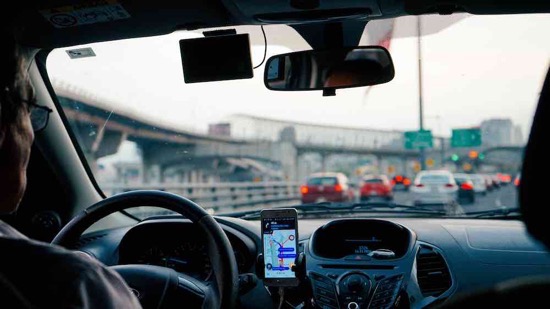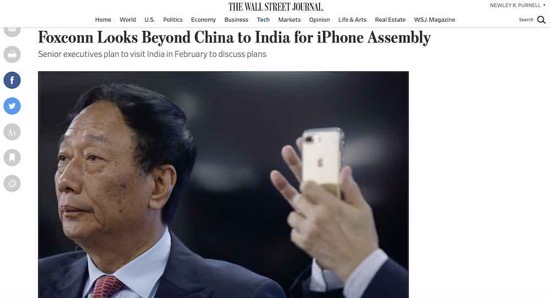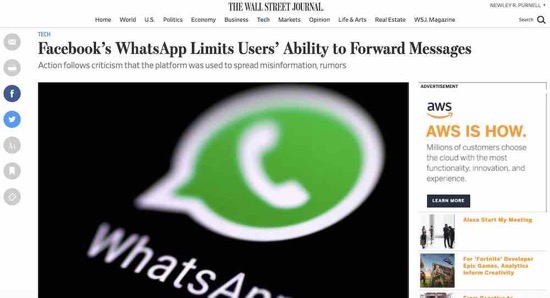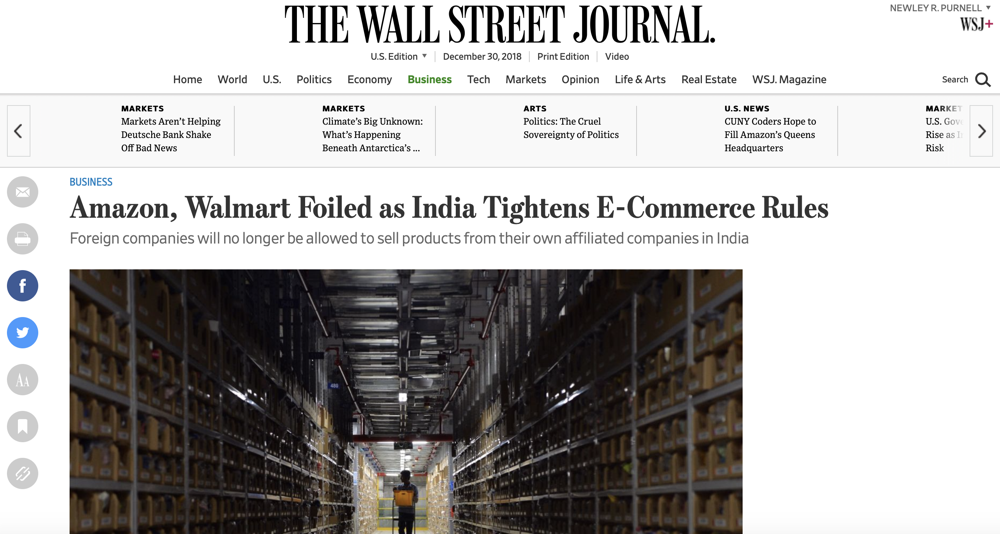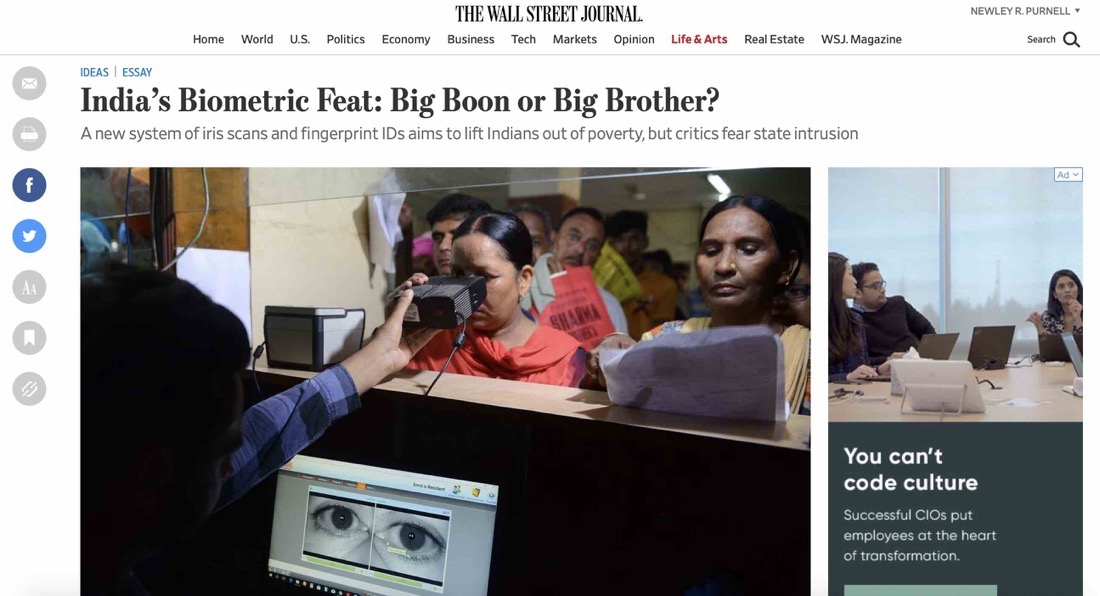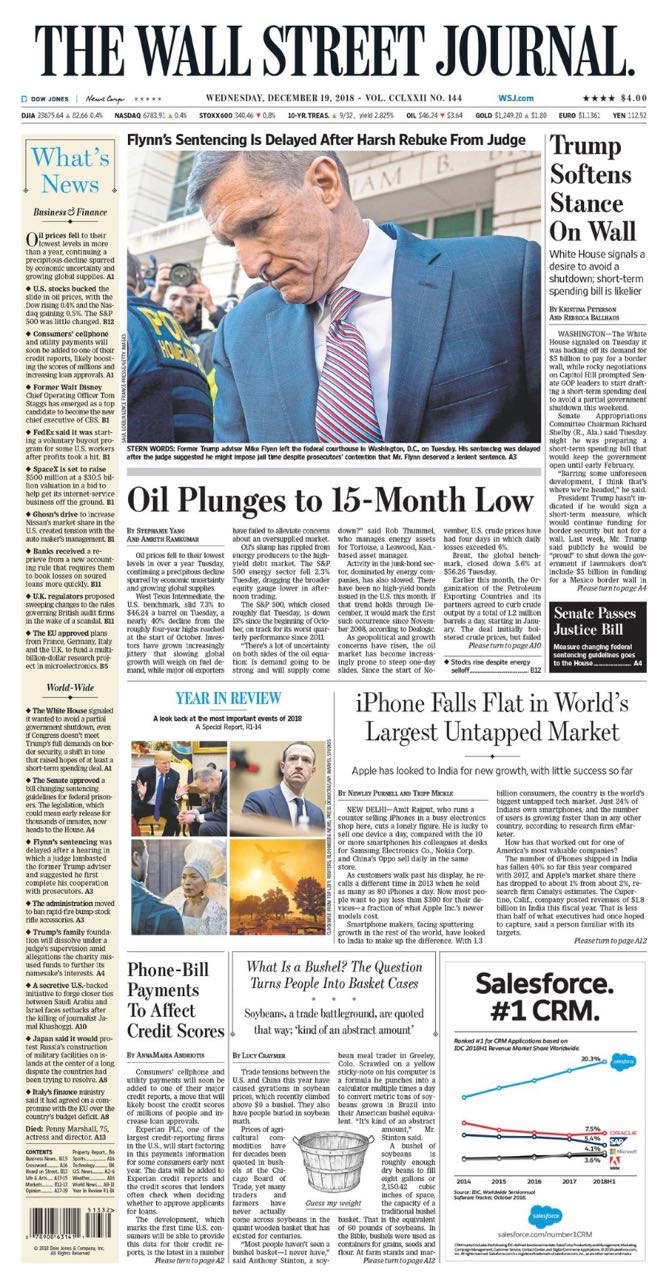
From time to time I share notes about the books I’ve been reading, or have revisited recently after many years.
These posts are meant to help me remember what I’ve learned, and to point out titles I think are worth consulting. They’re neither formal book reviews nor comprehensive book summaries, but I hope you find them useful.
For previous postings, see my Book Notes category.
The Upstarts: How Uber, Airbnb, and the Killer Companies of the New Silicon Valley Are Changing the World
Published: 2017
ISBN: 0316388394
Amazon link
Brief Summary
A detailed account of how Uber and Airbnb – two startups that launched around the same time and took advantage of similar new technological trends – upended the taxi and hotel industries.
My Notes
- This is the second book I’ve read by journalist and author Brad Stone. The first was “The Everything Store,” which I loved and wrote about in an earlier Books Notes entry. That book is the definitive account of how Jeff Bezos made Amazon into a global behemoth.
“The Upstarts” focuses not on one company, but two: Uber and Airbnb. (I began reading this book in preparation for interviewing Uber’s chief executive, Dara Khosrowshahi, last month.)
-
Both Uber and Airbnb benefited from shifting technological trends. As Stone writes, both emerged just as the iPhone and the concept of apps was beginning to take hold; Facebook was growing quickly and encouraging people to “establish their identities online;” Google Maps was emerging and could be integrated by third party apps; and broadband web use was soaring, Stone notes.
-
Both “own little in the way of physical assets.”
-
Founders of both startups lacked lofty ambitions like Google (“organize the world’s information”) or Facebook (“make the world more open and connected”).
Rather, “Camp, Kalanick and their friends wanted to ride around San Francisco in Style. Chesky and his cohorts were looking for a way to make some extra cash when a conference came to town.”
-
Beyond noting the two startups’ similarities, the book takes a straightforward approach to recounting of how both grew rapidly, encountered challenges, and then overcame them.
The brash, ambitions, entrepreneurial, math whiz Kalanick was just what Uber needed to grow at a breakneck pace and vanquish rivals. But his personal shortfalls, Stone writes, later got the company into trouble.
At Airbnb*, Chesky and his co-founders placed an overarching emphasis on the notion of community; they, too, faced some obstacles on their way to success.
*The original name of the site was Airbedandbreakfast.com, which was later shortened to Airbnb. For some reason I’d always thought the name was “bnb,” for “bed and breakfast,” with an “Air” appended to it.
-
As with “The Everything Store,” which I read to better understand Amazon, I recommend “The Upstarts” if you’d like a better grasp on Uber and Airbnb, and how their early days and culture inform their current activities.

